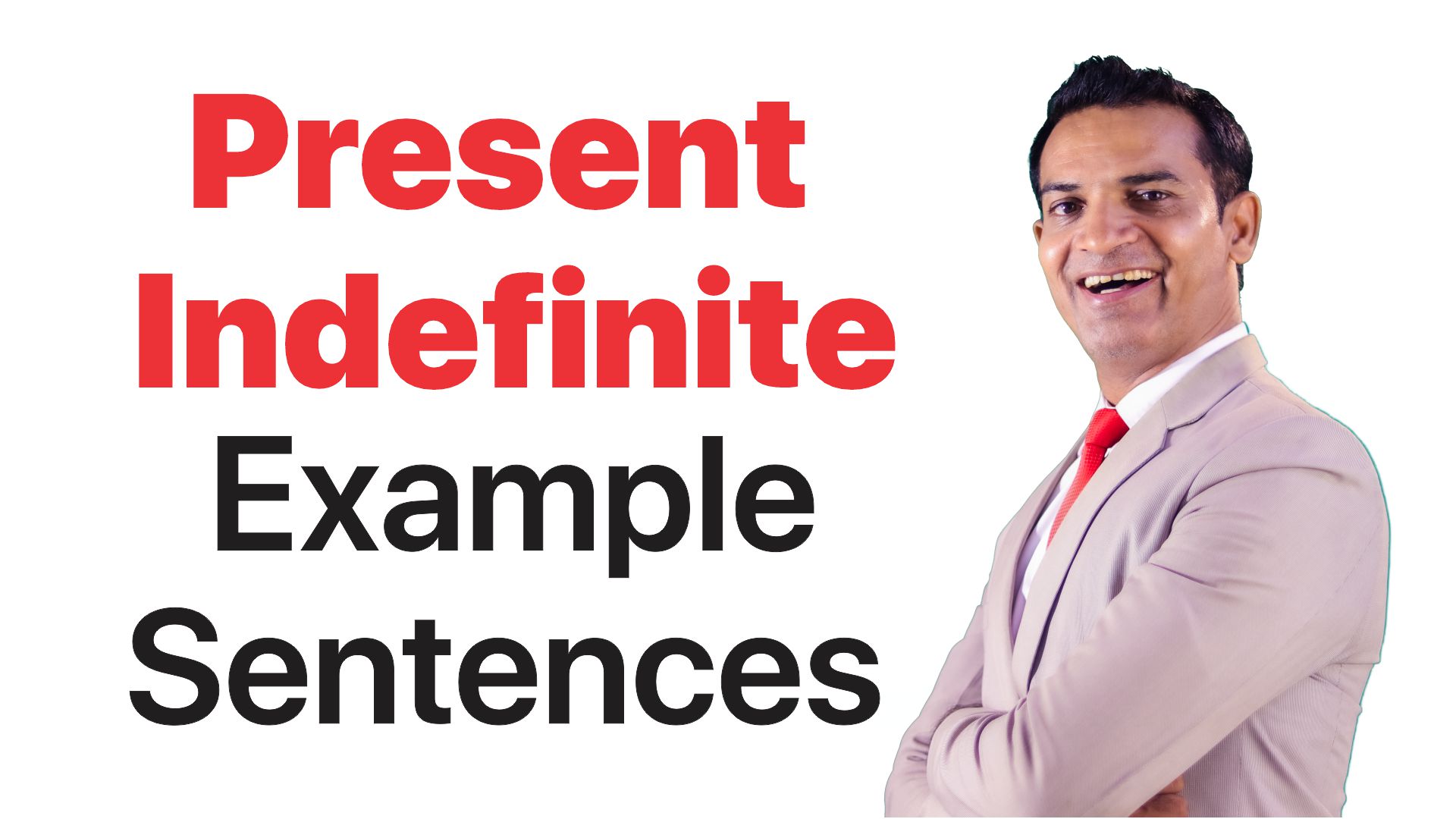Passive Voice Tenses in English

Sometimes you need to build a conversation when the emphasis is more on the task than on the do – er.
Because the do – er is not of any importance so using passive voice could easily hide who did it and shows a clear interest towards action.
In “farr farr English course” you have a clear advantage of seeing deeply into the structure as well as the function of passive voice which would makes you understand some situations really better and you would never be ashamed of your English.
In this article first we will discuss about the formation of passive voice (rules), and then its usage and advantages.
Subjects and objects places changed and as a main verb 3rd form of verb (past participle) is used. Following are the list of tenses which we can change into passive voice:
- Present simple tense
- Present continuous tense
- Present perfect tense
- Past simple tense
- Past continuous tense
- Past perfect tense
- Future simple tense
- Future perfect tense
Present simple tense:
Active voice: He plays a violin.
Passive voice: A violin is played by him.
Active voice: He does not sing a song. Does he sing a song?
Passive voice: A song is not sung by him. Is a song sung by him?
Present continuous tense:
Active voice: I am playing with Xbox.
Passive voice: An Xbox is being played by me.
Active voice: I am not writing a letter. Am I writing a letter?
Passive voice: A letter is not being written by me. Is a letter being written by me?
Present Perfect Tense:
Active voice: She has completed her task.
Passive voice: Her task has been finished by her.
Active voice: She has not finished her work. Has she finished her work?
Passive voice: Her work has not been finished by her. Has her work been finished by her?
Past simple Tense:
Active Voice: I ate my lunch.
Passive voice: A lunch was eaten by me.
Active Voice: I did not kill a snake. Did I kill a snake?
Passive voice: A snake was not killed by me. Was a snake killed by me?
Past Continuous Tense:
Active voice: She was riding a horse.
Passive voice: Horse was being ridden by her.
Active voice: He was not driving a car. Was he driving a car?
Passive voice: A car was not being driven by him. Was a car being driven by him?
Past Perfect Tense:
Active voice: They had completed the assignment.
Passive voice: Assignment had been completed by them.
Active voice: They had not completed the assignment. Had they?
Passive voice: Assignment had not been completed by them. Had it been completed?
Future Simple Tense:
Active voice: She will dismiss you if she got angry.
Passive voice: You will be dismissed by her if she got angry.
Active voice: She will not dismiss you. Will she dismiss you?
Passive voice: You will not be dismissed by her. Will you be dismissed by her?
Future Perfect Tense:
Active voice: You will have started the treatment.
Passive voice: Treatment will have been started by you.
Active voice: You will have not started the treatment. Will you have started the treatment?
Passive voice: Treatment will not have been started by you. Will it has been started?
Following tenses cannot use passive voice:
- Present perfect continuous tense
- Past perfect continuous tense
- Future continuous tense
- Future perfect continuous tense
- Sentence having intransitive verb
Invalid YouTube URL
Sometimes you need to build a conversation when the emphasis is more on the task than on the do – er.
Because the do – er is not of any importance so using passive voice could easily hide who did it and shows a clear interest towards action.
In “farr farr English course” you have a clear advantage of seeing deeply into the structure as well as the function of passive voice which would makes you understand some situations really better and you would never be ashamed of your English.
In this article first we will discuss about the formation of passive voice (rules), and then its usage and advantages.
Subjects and objects places changed and as a main verb 3rd form of verb (past participle) is used. Following are the list of tenses which we can change into passive voice:
- Present simple tense
- Present continuous tense
- Present perfect tense
- Past simple tense
- Past continuous tense
- Past perfect tense
- Future simple tense
- Future perfect tense
Present simple tense:
Active voice: He plays a violin.
Passive voice: A violin is played by him.
Active voice: He does not sing a song. Does he sing a song?
Passive voice: A song is not sung by him. Is a song sung by him?
Present continuous tense:
Active voice: I am playing with Xbox.
Passive voice: An Xbox is being played by me.
Active voice: I am not writing a letter. Am I writing a letter?
Passive voice: A letter is not being written by me. Is a letter being written by me?
Present Perfect Tense:
Active voice: She has completed her task.
Passive voice: Her task has been finished by her.
Active voice: She has not finished her work. Has she finished her work?
Passive voice: Her work has not been finished by her. Has her work been finished by her?
Past simple Tense:
Active Voice: I ate my lunch.
Passive voice: A lunch was eaten by me.
Active Voice: I did not kill a snake. Did I kill a snake?
Passive voice: A snake was not killed by me. Was a snake killed by me?
Past Continuous Tense:
Active voice: She was riding a horse.
Passive voice: Horse was being ridden by her.
Active voice: He was not driving a car. Was he driving a car?
Passive voice: A car was not being driven by him. Was a car being driven by him?
Past Perfect Tense:
Active voice: They had completed the assignment.
Passive voice: Assignment had been completed by them.
Active voice: They had not completed the assignment. Had they?
Passive voice: Assignment had not been completed by them. Had it been completed?
Future Simple Tense:
Active voice: She will dismiss you if she got angry.
Passive voice: You will be dismissed by her if she got angry.
Active voice: She will not dismiss you. Will she dismiss you?
Passive voice: You will not be dismissed by her. Will you be dismissed by her?
Future Perfect Tense:
Active voice: You will have started the treatment.
Passive voice: Treatment will have been started by you.
Active voice: You will have not started the treatment. Will you have started the treatment?
Passive voice: Treatment will not have been started by you. Will it has been started?
Following tenses cannot use passive voice:
- Present perfect continuous tense
- Past perfect continuous tense
- Future continuous tense
- Future perfect continuous tense
- Sentence having intransitive verb
0Comments
Like
Comment
Send
Top Rated Courses
Test Your Skill Set

Do you want to check how much tellented you are? Test your skill here and get certificate.


























 Instagram
Instagram
Comments